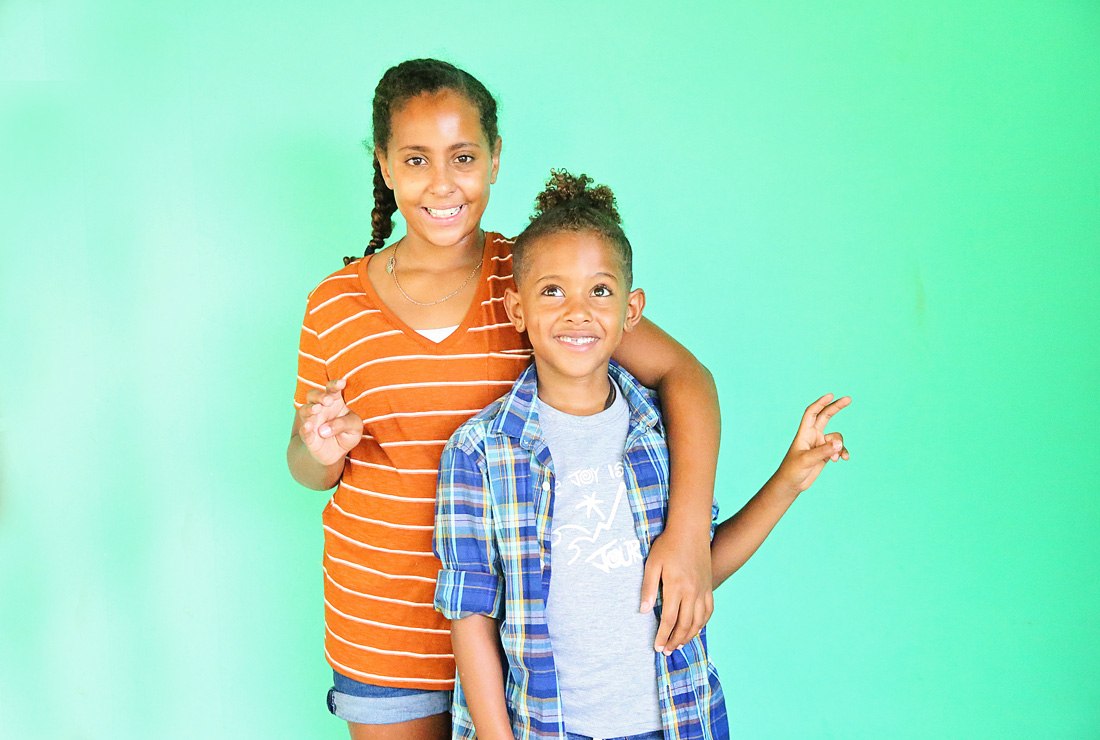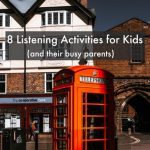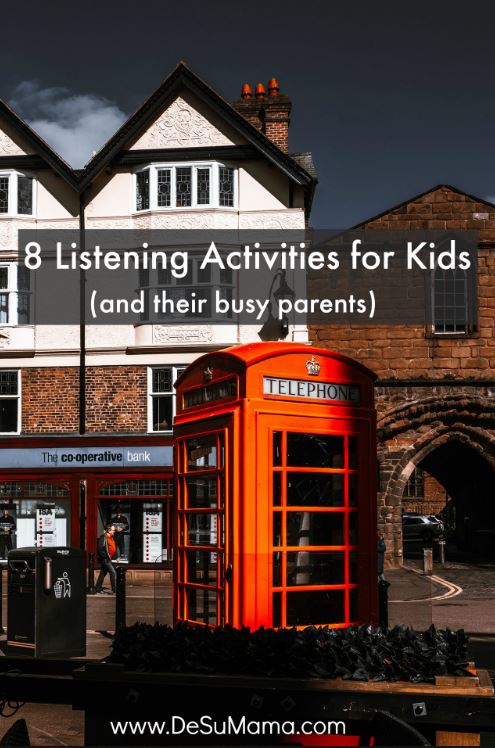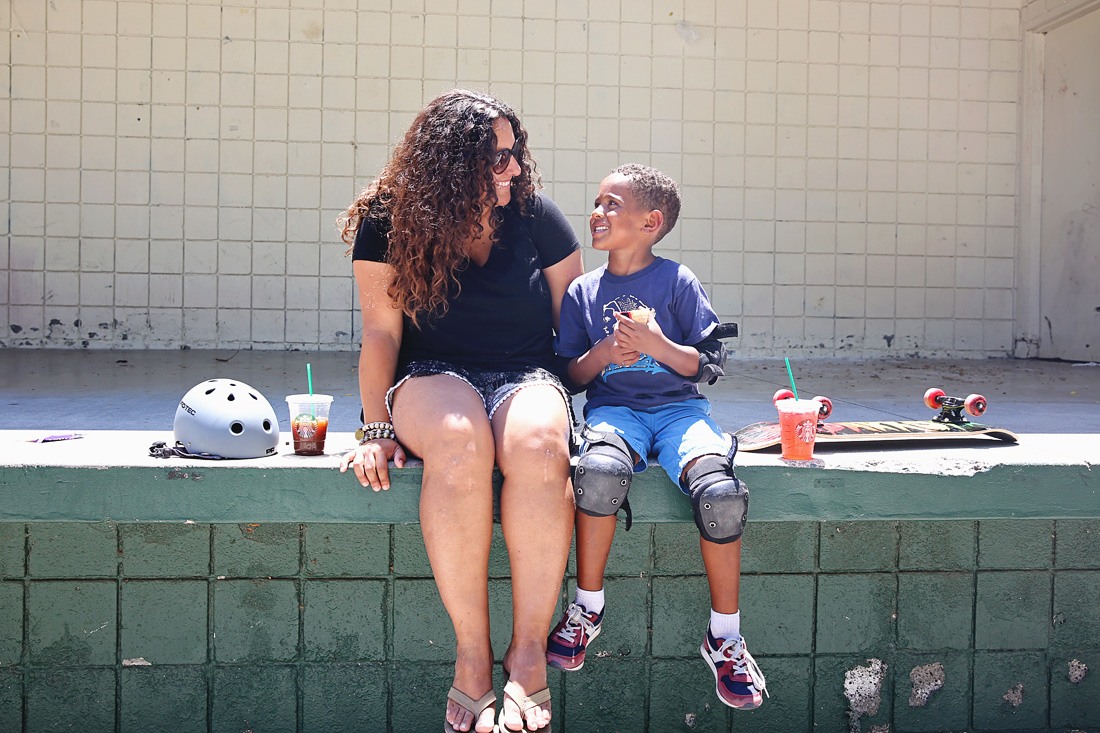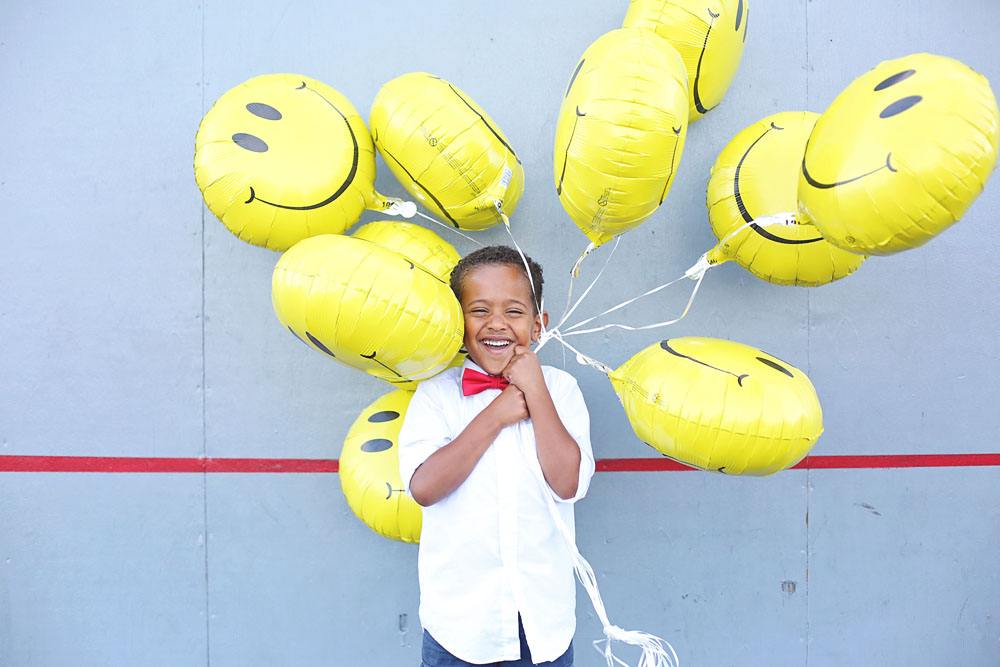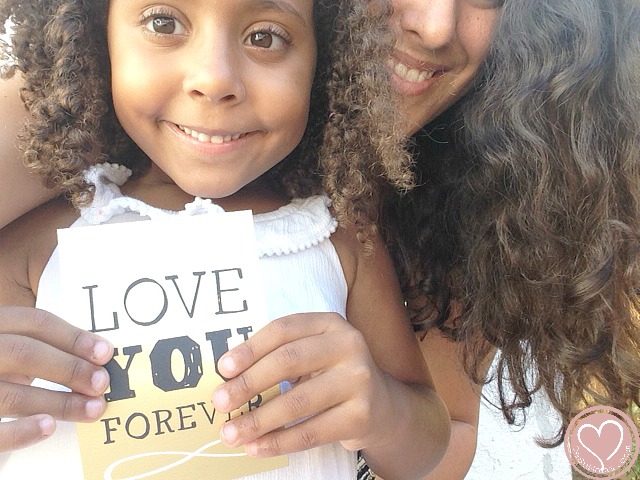This post of active listening activities is sponsored by #TalkEarly and Responsibility.org, where the ultimate goal is to prevent underage drinking by fostering great relationships. I believe in their mission wholeheartedly and today am asking how can I be a good listener and promote healthy relationships with my children by implementing effective listening skills.
Listening Activities for Kids
While in Washington DC at the #TalkEarly Summit we heard from Phyllis Fagell, a licensed clinical professional counselor, on developing listening skills instead of jumping to fix our kids’ problems; or in other words, the importance of a “coach, not control” mentality. This struck a chord! Learning to take a beat and zero in on my listening skills is important work.
Author of the popular parenting book Middle School Matters, Phyllis urged us to hone into attentive listening and role model how to be a good listener in a relationship to promote independence and autonomy.
Signs of a Good Listener
Before we get into these great listening activities for kids, let’s take a look at what is active listening. The signs of a good listener aren’t just what we see on the outside! When kids solicit conversation or help, what mindset are we, as parents, in? In addition to the physical ques of effective listening (eye contact, no distractions, etc), attentive listening can also look like:
- Before you respond, be sure if your kids identifying a problem or are you?
- Avoid interviewing for pain or mine for misery – be present in anything your child is sharing, so long as it’s not a result of direct interrogation.
- If the child does identify a problem, ask them what outcome they hope for. What kind of steps could they take to solve this problem? What is the worst idea you can think of and how can we consider those bad outcomes in new, more positive ways?
By guiding kids to think critically through a problem – by way of becoming a better listener and a “coach, not control” parenting style – we help kids gain a sense of empowerment. By fostering the qualities of a good listener, parents can help their kids develop a sense of agency in solving their own problems.
What is Active Listening?
Listening Skills Activities
Here are 8 games and listening skills activities to teach active listening. Have fun! You might learn a few lessons and skills, too. At the very least, these kids activities will boost the communication – and bond – with your little ones.
Simon Says: this classic kids game never goes out of style! Players need to listen closely to directions Simon wishes them to do.
Telephone: Another classic children’s game which provides children with the opportunity to listen closely, reflect, and repeat back what they think they heard.
20 Questions: In 20 Questions, the person who is “it” thinks of an object that the other players have to guess. The catch is they can only ask 20 yes or no questions to figure out the clue! This game gets kids thinking about the information they’ve already received before asking their next question.
Show and Tell: Not just for preschoolers, this game is a favorite among active listening exercises. Whether it’s a drawing, a video game or their outfit of the day, let the kids show and tell you all about something important from their day.
Listener and Talker: Take turns being each person. The Talker tells a detailed story for 3 minutes while the Listener uses active listening techniques. In the end, the Listener shares as many details they remember. Take turns counting how many details each person can remember!
Clapping Game: Listen carefully… one clap = stand up, two claps = rub your belly, three claps = sit down.
Building Listening Skills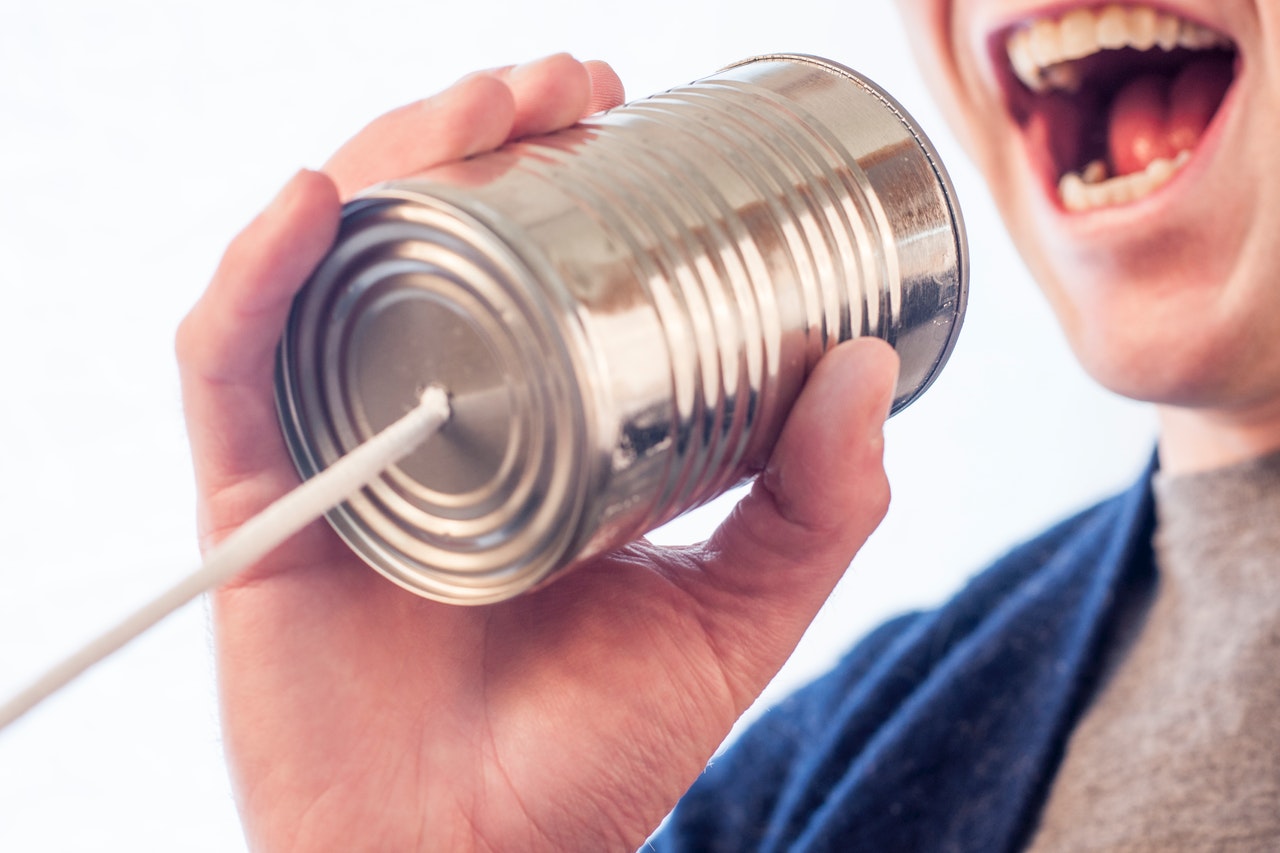 Qualities of a Good Listener
Qualities of a Good Listener
The truth is parents can improve when they learn the qualities of a good listener. By playing silly kids game that reinforces effective listening skills you’re doing more than you think – kids love bonding with their parents and knowing learning is a lifelong process.
Be sure to check out Responsibility.org can some really great family conversation starters and resources for talking to your kids about underage drinking.

